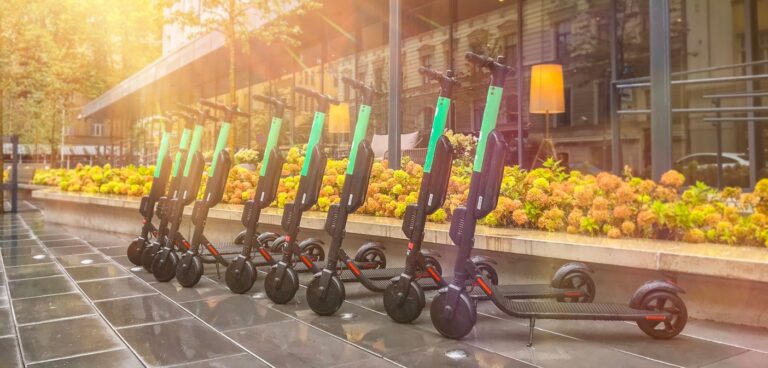Researchers at Warwick Manufacturing Group (WMG), part of the University of Warwick, are working to increase the lifespan of rental e-scooters from three months to three years making the micromobility mode more eco-friendly.
According to the project, as the number of e-scooter trials increase there is also a heightened focus on their environmental impact.
Although e-scooters do not produce any CO2 at the point of use, which can help to promote cleaner air in the places they are deployed, the typical service life is only two to five months, after which point they are scrapped. WMG said this has a huge environmental impact, which is only going to get worse over time.
The two-year project therefore looks to increase e-scooter service life through human factor engineering processes in collaboration with micromobility companies.
Roger Woodman, from WMG, University of Warwick, said: “Thanks to funding from WMG centre High Value Manufacturing Catapult, we are able to take a human factors approach to look at how e-scooters are constructed and operated, to find areas for improvement in both the service and vehicle design, to increase their usable lifespan and make them more eco-friendly.”
“This massive increase of the average service life has the potential to greatly reduce environmental impact and make e-scooters a truly sustainable form of transport.”
Furthermore, the team added there is a PhD opportunity within the project focussing on micromobility transport modelling.





